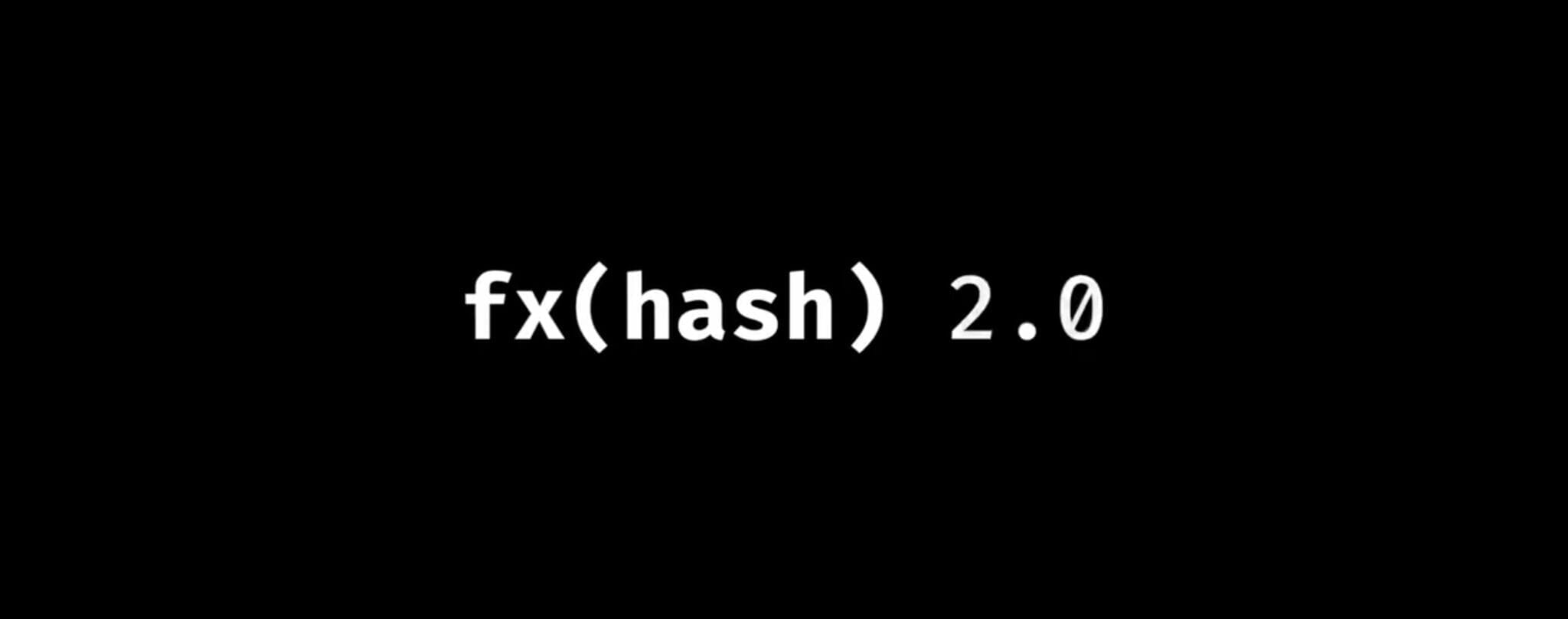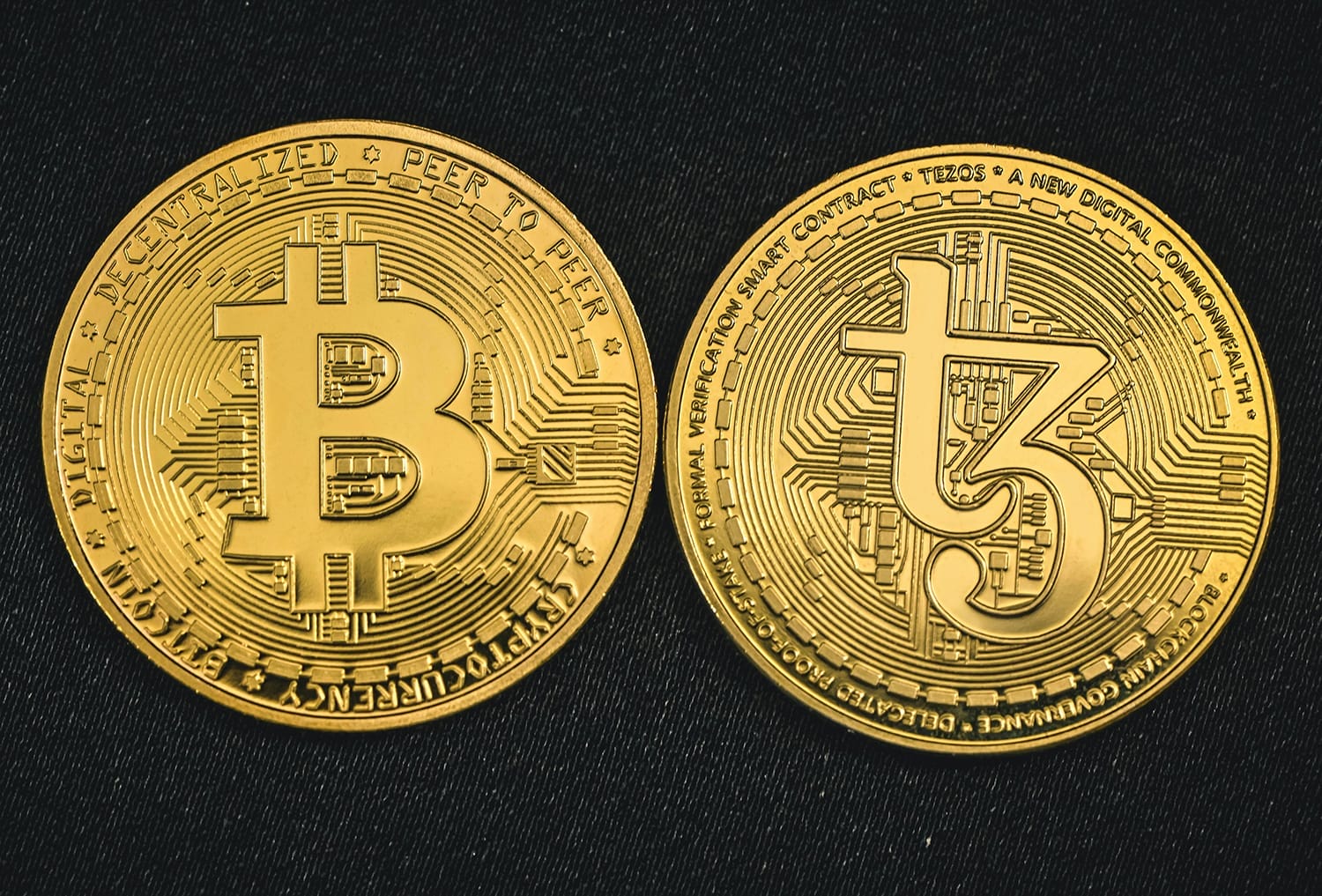Protocol Upgrade Proposal ‘Mumbai’ Introduced.
Seven separate Tezos teams from four different countries have introduced the 13th Tezos protocol upgrade proposal, Mumbai.
Features include:
Smart Rollups on mainnet, a zk-rollup solution on testnet, and validation pipelining to reduce block times to 15 seconds.
This new protocol upgrade proposal introduction has been released even before the 12th upgrade ‘Lima’ has been adopted.
Lima was an upgrade that laid the groundwork for Mumbai, it added more pipelining, improvements to ‘Tickets’, ghostnet fixes, and baker consensus keys.
Pipelining And Block Reduction To 15 Seconds
The pipelining work done in Lima was particuarly important as it further enabled the separation of the validation from the application of operations and blocks in order to speed up their processing and to increase layer 1 throughput.
Validating means performing basic checks, such as the cryptographic signature being valid, and that there are funds to pay fees. This is a light and quick process.
Applying means executing the full contents of the operation, whether a simple transaction or a complex contract call. This can be much more computationally intensive and hence time consuming for the node.
With the introduction of Mumbai, we see the conclusion of this pipelining project, enabling block time reduction from 30 to 15 seconds.
This represents the 2nd time a Tezos protocol upgrade has cut block times in half. Block times were also cut from 1 minute to 30 seconds with the introduction of Granada.
Smart Rollups
One of the most important and anticipated features of Mumbai is the introduction of smart rollups on mainnet.
Rollups are an intended layer 2 permissionless scaling solution for the Tezos blockchain.
Anyone can originate and operate one or more rollups, allowing to increase the throughput of the Tezos blockchain.
On Tezos, rollups are different from similar solutions on other blockchains as they are classed as ‘Enshrined Rollups‘.
Optimistic rollups on Tezos are implemented as part of the Tezos protocol directly, and not as smart contracts. This is often called enshrined rollups.
An immediate benefit is that it allows for a specialized, more gas- and storage-efficient implementation.
For example, deploying a TORU is way less costly in terms of storage than deploying a smart contract of similar complexity.
This means that unlike layer 2 rollup solutions on other blockchains, no one owns a smart contract rollup on Tezos as the network owns the rollup.
This is important as such smart contract rollups created by external teams have additional security concerns such as the question of who has admin keys to the contract.
It also has the additional benefit of being a more decentralized solution taking centralized external teams and companies away from the equation.
Like with pipelining the smart rollups feature had groundwork laid on the Lima protocol where they became available on Mondaynet testnet.
Since Mondaynet, smart rollups have seen a number of significant improvements, which will be seen in the Mumbai deployment.
One of those changes is that smart rollups are now forward compatible with the Data-Availability Layer (DAL), a data sharding feature that is in the works for improving scalability.
This means that the rollups will be compatible with future Tezos protocol scaling upgrades.
For developers, smart rollups mean that anyone to deploy decentralized WebAssembly applications with dedicated computational and networking resources.
For example, developers will be able to deploy applications developed in languages such as Rust which compile easily to WebAssembly for fast reliable code, especially suited for web-based applications.
Validity Rollups (ZK-Rollups) Introduced To Mondaynet: Epoxy
Another exciting scaling solution put forward in the Mumbai upgrade is the introduction of validity rollups (otherwise known as zk-rollups) onto Mondaynet and these are to be named Epoxy.
Zk-rollups have been seen as the ‘holy-grail’ of rollups by many top engineers, due to instant finality, the ability to introduce different data availability layers, and all whilst maintaining privacy.
These new potential rollups allow
…for instant finality due to SNARK’s proof-of-validity, as opposed to the “refutation game” used by Optimistic Rollups.
This solution can not only be seen as a scaling upgrade, but as a privacy upgrade too.
Epoxy allows for applications to be built on Tezos which do not necessarily need to rely on Tezos’ Layer 1 to publish and distribute data, but rather can implement their own data availability layers.
This will enable building privacy-preserving solutions which require keeping sensitive information (reified as part of their state or transactions) private from the public Layer 1.
Disclaimer
Not Financial Advice: No content on this website constitutes investment, financial, legal, or tax advice. Users should not construe any such information as a recommendation to buy, sell, or hold any investment or security or to pursue any particular investment strategy.
Read our full disclaimer here.





